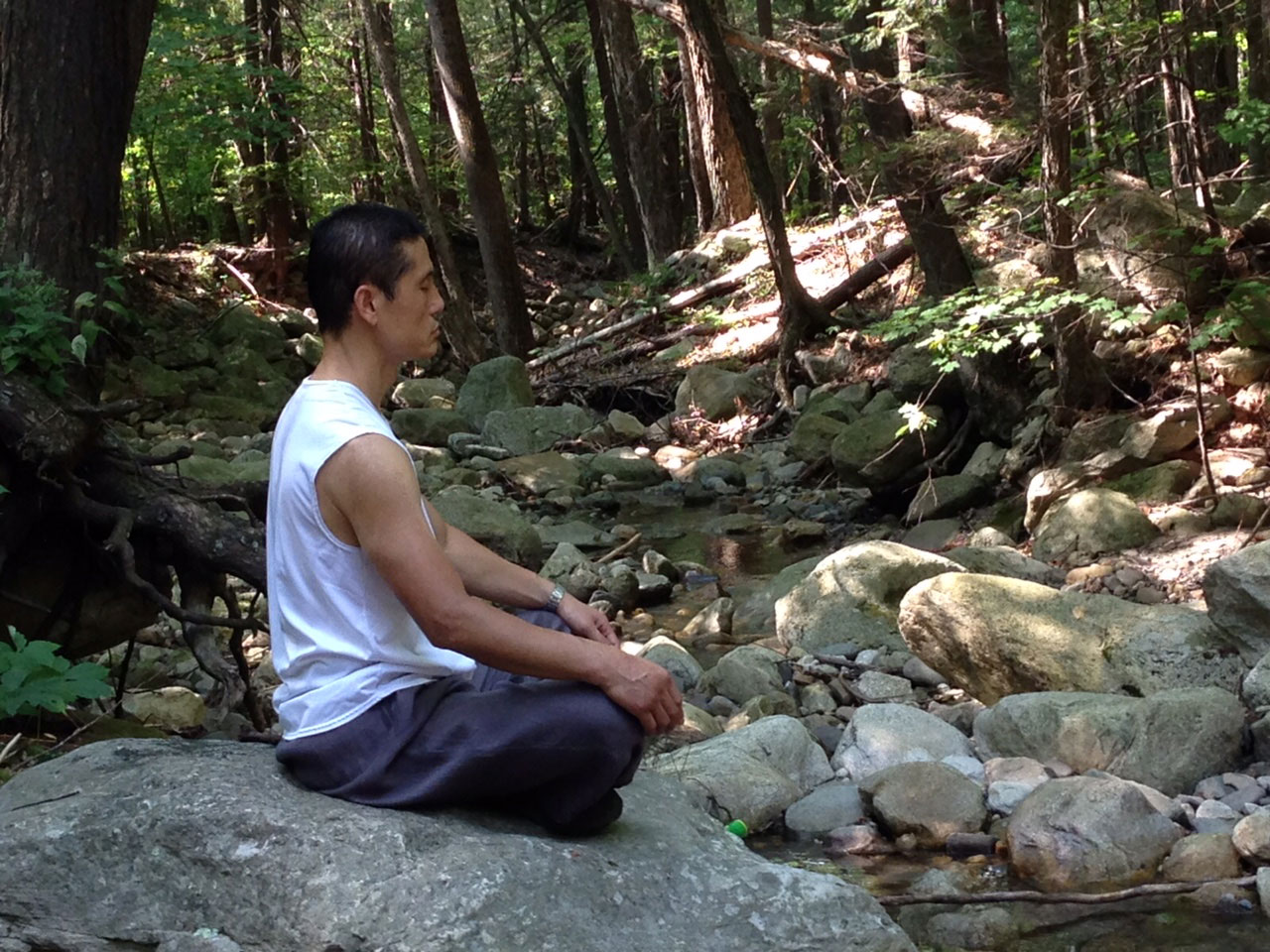
CONCENTRATION
Concentration and its development provide many benefits in daily life as well as in Tae Kwon Do. Having a better capacity to concentrate allows for greater focus while performing tasks at work or school, or doing chores around the house. It enables learning and retention of new things.
There are two types of concentration cultivation; through tension and through relaxation. Tense concentration can occur when an individual is in a high pressure situation like attempting to score a winning penalty goal in a soccer game, taking a test, or trying to meet a deadline. Relaxed concentration is commonly experienced when in meditation or doing simple activities like walking in nature, or cleaning with mindfulness.
In both, the capacity for concentration and focus increases. The difference is in the effects and the duration. In a tense situation, one’s concentration rises quickly. However it is not sustained at that level for long and once the tense situation is over, the concentration drops to at, or even sometimes below, the starting point. The physical after effects typically leave one feeling drained, tired, and mentally foggy.
When building concentration through relaxation, the focus takes a longer time to develop. However this allows for a steady growth over time. While there are still peaks and valleys in the capacity of concentration, the overall trend is that one’s concentration grows for a prolonged period. Through relaxed concentration, the level of concentration cultivated rarely diminishes and the physical after effects are more positive; typically instilling a sense of calmness and clarity.
One of the effects meditation can have on a person is lengthening their breath. With deep breathing comes a slower heart rate and calm mind. All of these things relax the sympathetic nervous system and stimulate the parasympathetic nervous system. This relaxed state of concentration can be highly beneficial to balance out the normal stresses our body may experience from work, school, and family responsibilities.
Another point to consider is that there are changes in the brainwaves that occur for each method. Our concentration will impact the brain as well as other parts of the physical body. The universal vibration is set to 7.5 Hz, the natural frequency of infants. It is thought this attunes them to the universe and is why they are happy and inquisitive.
In the normal day to day living, our brainwaves are in the Beta range (13-30 Hz). In this range, attention is directed towards cognitive tasks and the outside world in the condition of tension and instability.
Below that is the Alpha range (8 to 12 Hz) which shows up when we are calm and awake, but the brain is resting.
Below that is the Theta range (4 to 8 Hz) which is where our brains go into sleep and deep meditation.
And the lowest for our purposes is the Delta range (0.2 to 3 Hz) which is where deep sleep and the deepest of meditative states occurs.
By changing the frequency our brains operate at, we can facilitate better learning and cultivate more capacity for concentration. How we manage our brain frequency (either through tension or relaxation) determines the long term benefits of heightened concentration.

